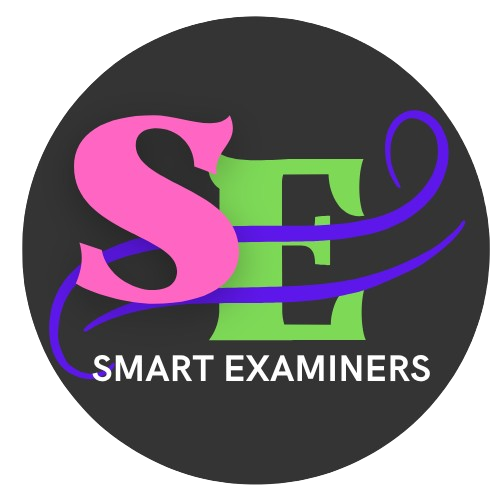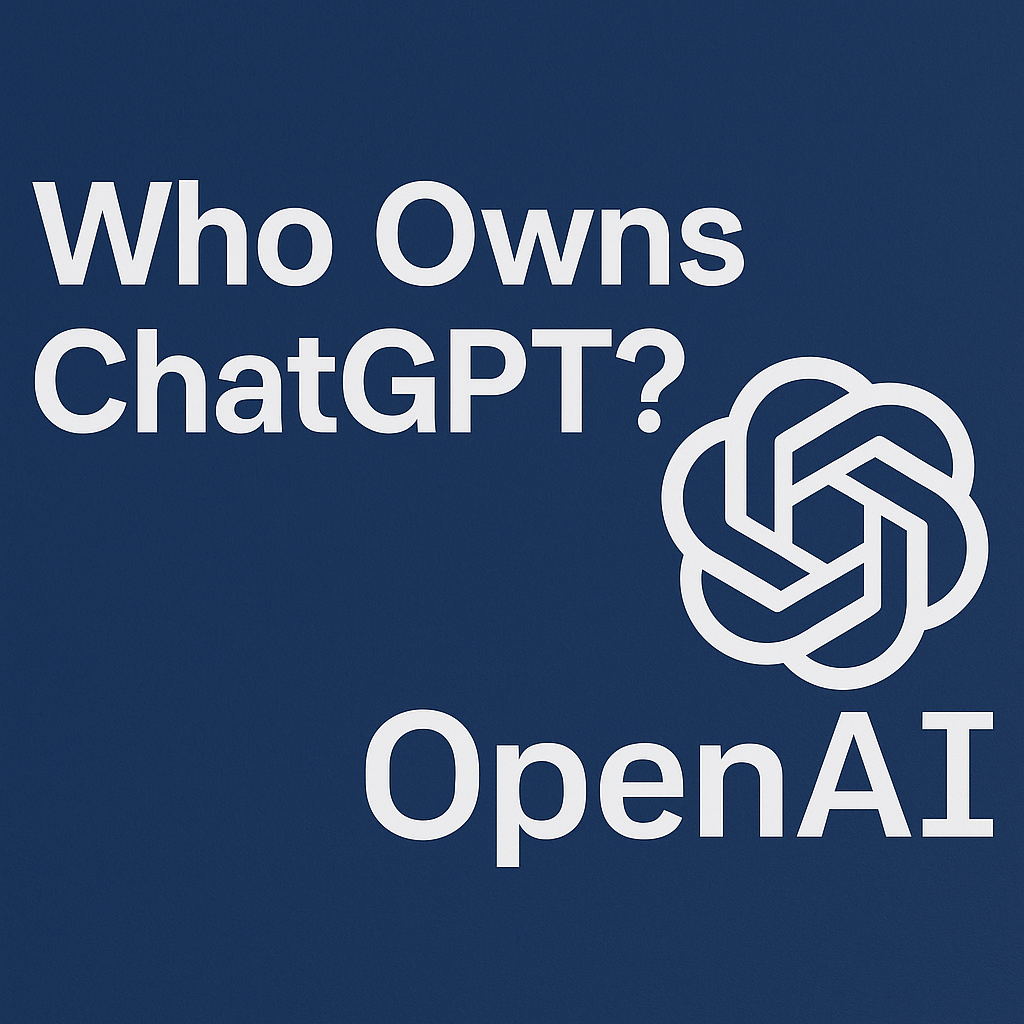Who Owns ChatGPT? An In-Depth Exploration
Introduction
In the rapidly evolving landscape of artificial intelligence (AI), ChatGPT has emerged as a groundbreaking conversational agent, captivating users worldwide with its ability to generate human-like text. This innovation has sparked widespread curiosity, leading many to question: Who owns ChatGPT? Understanding the ownership and development of ChatGPT not only sheds light on the dynamics of AI advancement but also highlights the collaborative efforts that drive such technological marvels.
The Genesis of ChatGPT
ChatGPT is a product of OpenAI, an AI research organization established in December 2015. Founded by a consortium of tech luminaries—including Elon Musk, Sam Altman, Greg Brockman, Ilya Sutskever, John Schulman, and Wojciech Zaremba—OpenAI was conceived with the mission to ensure that artificial general intelligence (AGI) benefits all of humanity. The organization's foundational goal was to conduct cutting-edge AI research while promoting and developing AI technologies in a safe and transparent manner.
OpenAI's Evolution: From Non-Profit to Hybrid Model
Initially, OpenAI operated strictly as a non-profit entity, focusing on research and the ethical implications of AI. However, as the scope and scale of AI research expanded, so did the financial requirements. In 2019, OpenAI introduced a novel organizational structure: a "capped-profit" model known as OpenAI LP. This hybrid approach was designed to attract substantial investments necessary for large-scale AI projects while ensuring that profits were limited and aligned with the organization's altruistic mission. Under this model, returns for investors are capped, and any excess profits are intended to benefit humanity collectively.
Microsoft's Strategic Investment
A pivotal moment in OpenAI's journey was Microsoft's significant investment. In 2019, Microsoft injected $1 billion into OpenAI, establishing a robust partnership that provided OpenAI with the computational resources required for training complex AI models. This collaboration deepened in subsequent years, with Microsoft reportedly investing an additional $10 billion in 2023. These investments not only bolstered OpenAI's research capabilities but also integrated OpenAI's technologies into Microsoft's products and services. Despite these substantial financial contributions, Microsoft does not possess ownership of ChatGPT or OpenAI; instead, it holds a significant stake and shares in the profits generated by OpenAI's ventures.
Other Notable Investors and Stakeholders
Beyond Microsoft, OpenAI has attracted investments from several high-profile individuals and entities. Early supporters include Reid Hoffman, co-founder of LinkedIn; Peter Thiel, co-founder of PayPal; and Elon Musk, who, despite his initial involvement, departed from OpenAI's board in 2018 due to potential conflicts of interest with his other ventures. These investors contributed to OpenAI's initial funding, enabling the organization to embark on ambitious AI research projects.
Governance and Control
OpenAI's governance is structured to balance its research objectives with ethical considerations. The organization is overseen by a board of directors responsible for upholding its mission and ensuring that AI developments align with the broader goal of benefiting humanity. While investors like Microsoft have non-voting observer seats on the board, they do not exert direct control over OpenAI's operations. This governance model underscores OpenAI's commitment to ethical AI development, prioritizing societal benefits over purely commercial interests.
ChatGPT's Market Impact and Competitors
Since its launch, ChatGPT has garnered a substantial user base, positioning itself as a dominant player in the AI chatbot industry. As of 2024, ChatGPT holds an estimated 60% market share in the AI-powered chatbot sector, owing to its versatility and widespread adoption across various applications, including customer service, content creation, and education. However, the landscape is competitive, with challengers such as Anthropic's Claude, Meta's Llama, and Mistral AI striving to capture market share by emphasizing aspects like safety, open-source accessibility, and performance optimization.
The Kenyan Context: Embracing AI Innovations
In Kenya, the adoption of AI technologies like ChatGPT is on the rise, driven by the country's robust tech ecosystem and a growing community of innovators. Kenyan entrepreneurs and developers are increasingly leveraging AI to address local challenges, enhance business operations, and foster educational initiatives. This burgeoning interest underscores the importance of understanding the origins and ownership of AI tools, as such knowledge informs responsible usage and integration into various sectors.
Introducing SmartExaminers: Kenya's AI Answer Generator
Amidst the global AI revolution, Kenya has birthed its own innovative solution: SmartExaminers. Designed to cater to the unique educational needs of Kenyan students and educators, SmartExaminers is an AI-powered answer generator that provides fast, accurate, and curriculum-aligned responses to exam questions and study materials.
Key Features of SmartExaminers
-
Curriculum Alignment: Tailored to adhere to the Kenyan educational curriculum, ensuring relevance and accuracy in generated answers.
-
User-Friendly Interface: Simplifies the process of uploading exam files and retrieving answers, making it accessible to users with varying levels of technical proficiency.
-
Secure and Automated Payments: Offers seamless payment options, including M-Pesa, PayPal, and card payments, facilitating easy access to comprehensive answer downloads.
-
24/7 Availability: Provides round-the-clock access to answer generation, accommodating the diverse schedules of students and educators.
Why Choose SmartExaminers?
SmartExaminers stands out by combining global AI advancements with localized insights, ensuring that Kenyan users receive solutions that are both technologically sophisticated and contextually appropriate. By integrating SmartExaminers into their study routines, students can enhance their learning efficiency, while educators can streamline the creation of marking schemes and instructional materials.
Conclusion
The ownership of ChatGPT resides within OpenAI, a pioneering AI research organization that has evolved from a non-profit to a hybrid model, attracting strategic investments from major players like Microsoft. While Microsoft holds a significant stake in OpenAI’s commercial applications, it does not own ChatGPT outright—OpenAI retains its autonomy, guided by a mission to develop AI responsibly.
As AI continues to transform industries worldwide, tools like ChatGPT and SmartExaminers are reshaping the way people interact with information. ChatGPT has become an invaluable assistant across multiple domains, while SmartExaminers is emerging as Kenya’s AI-driven answer generator, simplifying education through fast, reliable, and curriculum-aligned responses.
For Kenyan students, teachers, and researchers, SmartExaminers offers a locally relevant alternative, ensuring that AI-powered education tools meet their needs effectively. Whether you're looking to generate accurate answers for exams or improve study efficiency, SmartExaminers is your go-to AI solution.
Ready to Experience the Power of AI in Education?
Visit SmartExaminers.com today and see how AI can transform your learning experience.
FAQs
1. Does Microsoft own ChatGPT?No. Microsoft is a major investor in OpenAI and has integrated OpenAI’s models into its products (e.g., Bing AI and Copilot), but OpenAI retains ownership and control of ChatGPT.
2. Can I use ChatGPT for free?Yes, ChatGPT offers free access through OpenAI’s website, but premium features (like GPT-4 access) require a ChatGPT Plus subscription.
3. What is the difference between ChatGPT and SmartExaminers?ChatGPT is a general-purpose AI chatbot, while SmartExaminers is a specialized AI answer generator tailored for students and educators, focusing on providing exam-ready solutions.
4. How does SmartExaminers ensure accurate answers?SmartExaminers aligns its AI-generated responses with Kenyan curriculum standards, ensuring relevant and reliable answers for students and teachers.
5. How can I pay for full answers on SmartExaminers?Payments can be made securely via M-Pesa, PayPal, or card, and once confirmed, the system automatically generates a downloadable PDF.
 SmartExaminers
SmartExaminers


